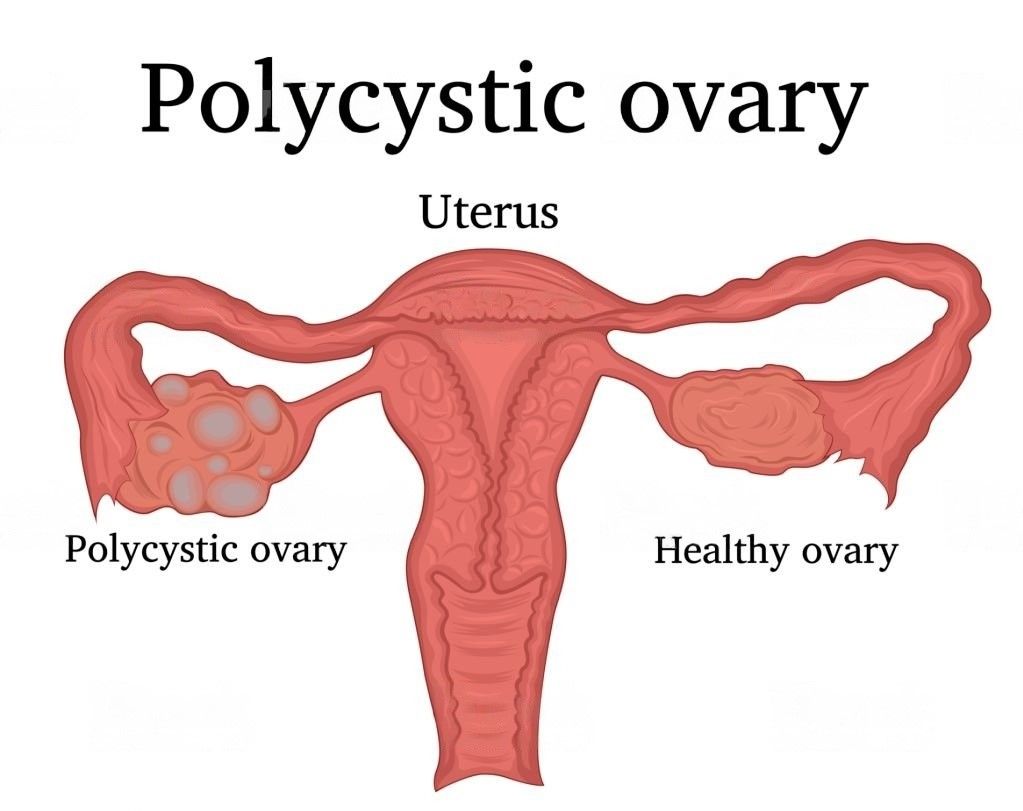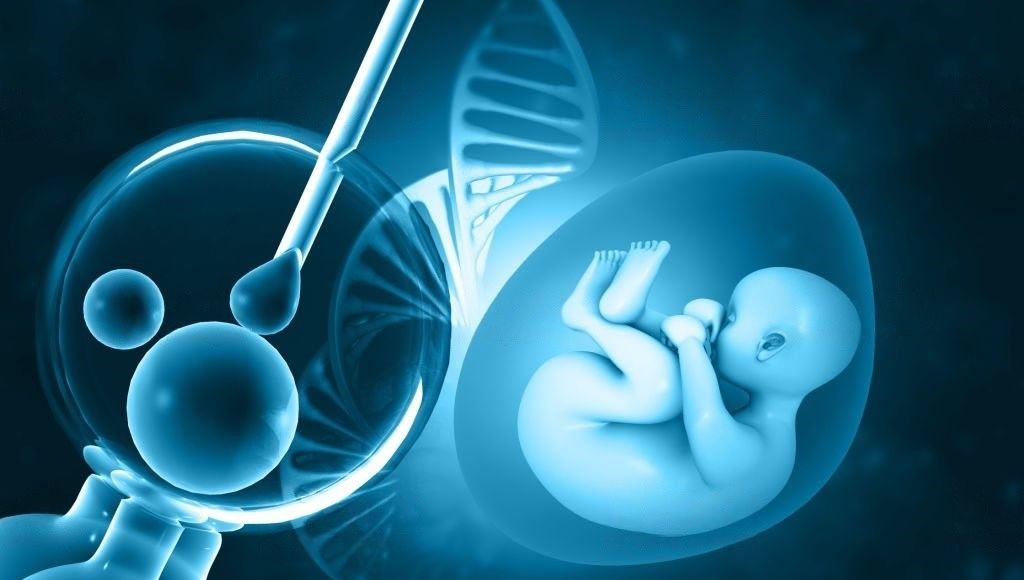Does PCOS Cause Infertility?
Many PCOS women have difficulty conceiving naturally, but with the right treatment, the chances of pregnancy are good.

What exactly is PCOS?
PCOS is a hormonal disease that affects up to 20% of women of reproductive age. Because the condition starts to interfere with the body's hormonal processes, which affects ovulation and fertility. Many PCOS women have difficulty conceiving naturally, but with the right treatment, the chances of pregnancy are good.
As a consequence, they may have more trouble conceiving than other women. That many women with PCOS may require fertility treatment or a long time to conceive, but obtaining the right support and guidance can drastically enhance fertility and boost the likelihood of gestation.
How to identify PCOS?
A discrepancy in hormonal levels causes ovaries to malfunction, resulting in infrequent monthly cycles, excess weight, skin problems, and facial hair.
Women of all races and ethnicities can be affected by PCOS. Your risk increases if your mother, sister, or aunt has PCOS. PCOS can occur at any time after early adolescence, but most women investigate having it in their late twenties and thirties, or when they have difficulty in getting pregnant.
Excess body and facial hair, acne, and hair loss are all PCOS symptoms triggered by high androgen levels. All females have androgens, but those with PCOS have slightly higher levels.
PCOS and the likelihood of Pregnancy
If you have PCOS and are trying to conceive, you may only require medication treatment. According to a medical study, nearly 80% of women with PCOS who were treated with medications successfully ovulated. Half of these women became pregnant naturally within six-period cycles.
If medications do not help you become pregnant, your doctor might suggest you undergo IVF treatments. With IVF treatment, most women with PCOS have a 20 to 40% chance of being pregnant. Women over the age of 35, as well as those who are overweight, have a lower likelihood of becoming pregnant.
What effect does PCOS have on fertility?
A PCOS diagnosis does not rule out the possibility of becoming pregnant. In fact, PCOS is regarded as one of the most common and treatable causes of female infertility. The most common causes of PCOS infertility are:
- Menstrual cycles that are irregular
- An insufficient uterine lining prevents egg implantation
- Ovaries that have thickened prevent ovulation
Can you get pregnant with PCOS?
Most PCOS women will be able to conceive with fertility treatment, but cases vary greatly, and different treatments have varying success rates. Working through PCOS can be a long, difficult, and stressful process.
Although PCOS makes conception more complicated, there are ways to enhance fertility:
Medical Attention:
Ovulation induction drugs and highly developed hormone treatments such as IUI and IVF can assist PCOS women in overcoming infertility and having children.

Changes in Lifestyle:
Obesity is a major issue associated with PCOS. A balanced diet, avoiding junk foods, and sticking to a regular exercise routine can help you lose weight and improve your PCOS symptoms. A 5-10% weight loss can help regulate periods, improve fertility, and lower the risk of diabetes and other heart diseases.

Stress Management:
Stress reduction makes a significant difference when dealing with fertility problems
Stress reduction makes a significant difference when dealing with fertility problems. Therapy, yoga, meditation, exercise, and connecting with loved ones can all help. Long-term stress with PCOS, on the contrary hand, can take time to heal.

PCOS-related complications include:
Pre-eclampsia:
Pre-eclampsia is characterized by elevated blood pressure, which can interrupt fetal nutrition and consequence in a newborn with such a low birth weight.

Diabetes:
Diabetes can develop in PCOS women during pregnancy. Blood sugar levels must be monitored on a regular basis, and if untreated, this can cause a larger-than-normal baby, sudden and unexpected birth, and a higher likelihood of cesarean delivery.

Miscarriage:
PCOS can boost the risk of miscarriage. Though the precise reason for miscarriage is unidentified, it's possible that it's due to hormonal changes or weight gain.

SUMMARY
PCOS can make it difficult for women trying to conceive due to hormonal imbalances and irregular periods. However, this does not preclude you from becoming pregnant.
Fertility issues can be reduced with a healthy diet, weight loss, regular physical activity, and medications. Boosting your fertility while suffering from PCOS may take time, effort, and a change in your lifestyle habits, but it is possible.
Jayti Shah is a Clinical Nutritionist with a master's degree in Clinical Nutrition and Dietetics. She is a member of the Indian Dietetic Association (IDA). Over the last 9 years, she has helped 400 clients in their clinical and weight loss journeys. She works with SocialBoat as a nutrition consultant.
At SocialBoat, we offer you custom diet plans and guided workouts to help you achieve your goals in a 360-degree approach. Our gamified experience ensures that you don’t find workouts boring and we reward you for being consistent with your efforts.

